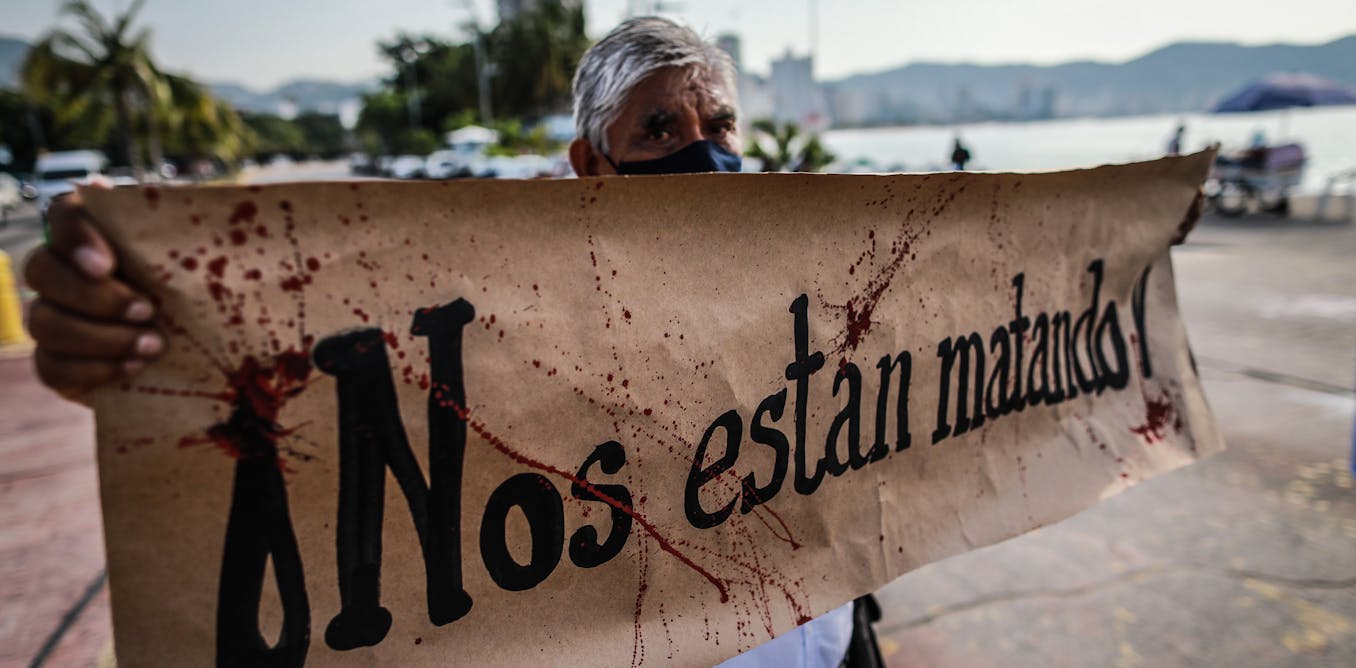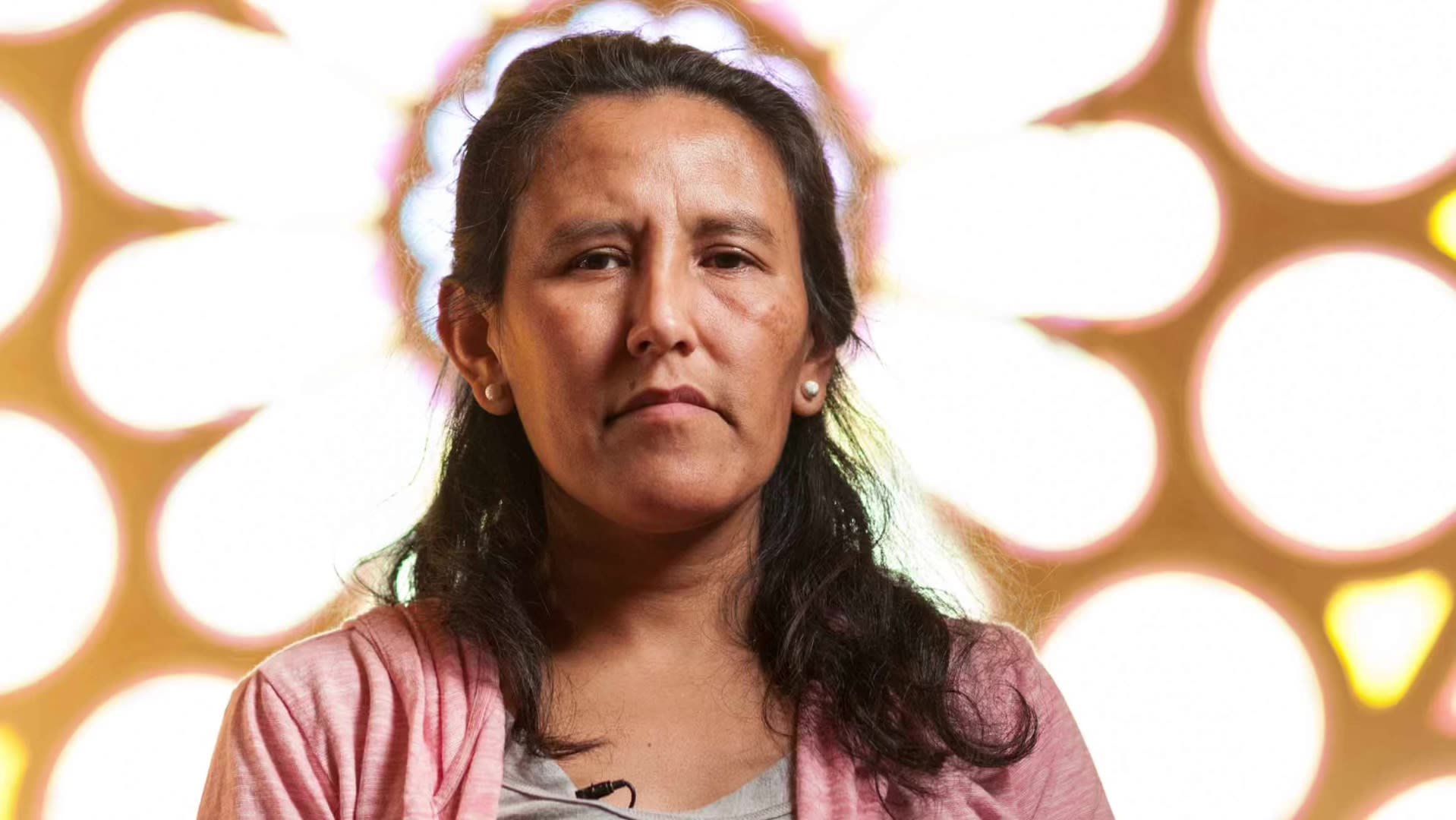
Via Canva
By Tasmin S. Mitchell, originally published at The Conversation
Humberto Padgett was reporting on the effects of drought in Cuitzeo, a rural area of central Mexico, when his car was intercepted by armed men on September 13, 2024. They threatened him and stole the car, his identity papers and work equipment, including two bullet-proof jackets.
Padgett, a Mexican investigative journalist and author, was reporting on Mexico’s growing environmental worries for national talk radio station Radio Fórmula. It proved to be his last assignment for the station. Two days later, he tweeted: Today I’m leaving journalism indefinitely. The losses I’ve suffered, the harassment and threats my family and I have endured, and the neglect I’ve faced have forced me to give up after 26 years of work. Thank you and good luck.
Padgett made this decision despite the fact that he, like many other journalists in Mexico, has been enrolled in a government protection scheme for years—the Protection Mechanism for Journalists and Human Rights Defenders, set up in 2012. Several other Latin American countries have similar protection programs, including Honduras since 2015.
These programs offer journalists measures such as panic buttons and emergency phone alerts, police or private security patrols, and security cameras and alarm systems for their homes and offices. Some are provided with bodyguards—at times, Padgett has received 24-hour protection.
In Honduras, reporter Wendy Funes, founder of the online news site RI, was given a police bodyguard after being threatened while covering an extortion trial that linked the Mara Salvatrucha (MS-13), an international criminal gang, with the Honduran government of former president Juan Orlando Hernández, who is now serving a 45-year prison sentence in the US for drug trafficking and arms offenses.
Yet even once journalists are enrolled in these government protection schemes, the attacks and threats continue. Shockingly, many come from state employees who, in both Mexico and Honduras, are thought to be responsible for almost half of all attacks on journalists. But the prospect of punishment is remote: at least 90% of attacks on journalists go unprosecuted and unpunished, meaning there is little deterrent for committing these crimes.
Both Mexico and Honduras currently have left-wing governments that have promised to protect journalists, following a long history of crimes against media professionals in both countries. Yet the risk to journalists posed by the state has worsened in recent years amid increasing use of spyware, online smear campaigns, and rising levels of anti-media rhetoric.
To read the complete story, visit The Conversation.
We want to keep The Latino Newsletter accessible without paywalls. To help, you can donate here. Any amount (one-time or monthly) will keep us going.
Tangle Is a Glimpse of Hope in Uncertain Times
Feeling like you want to get off the rollercoaster of polarizing politics? Read Tangle — an independent and nonpartisan political newsletter recently profiled on This American Life for helping to bridge the gap between politically divided families. Each day, the newsletter unpacks one important news story, examining it from all sides of the political spectrum.
What We’re Reading
Disappeared in America: The Immigration Hub, an immigrant rights advocacy group, shared news of its “Disappeared in America” website, which maps “the human impact and geographic scope of the Trump administration’s sweeping immigration enforcement actions,” a press release noted.
The Latino Newsletter welcomes opinion pieces in English and/or Spanish from community voices. You can email us here. The views expressed by outside opinion contributors do not necessarily reflect the editorial views of this outlet or its employees.




